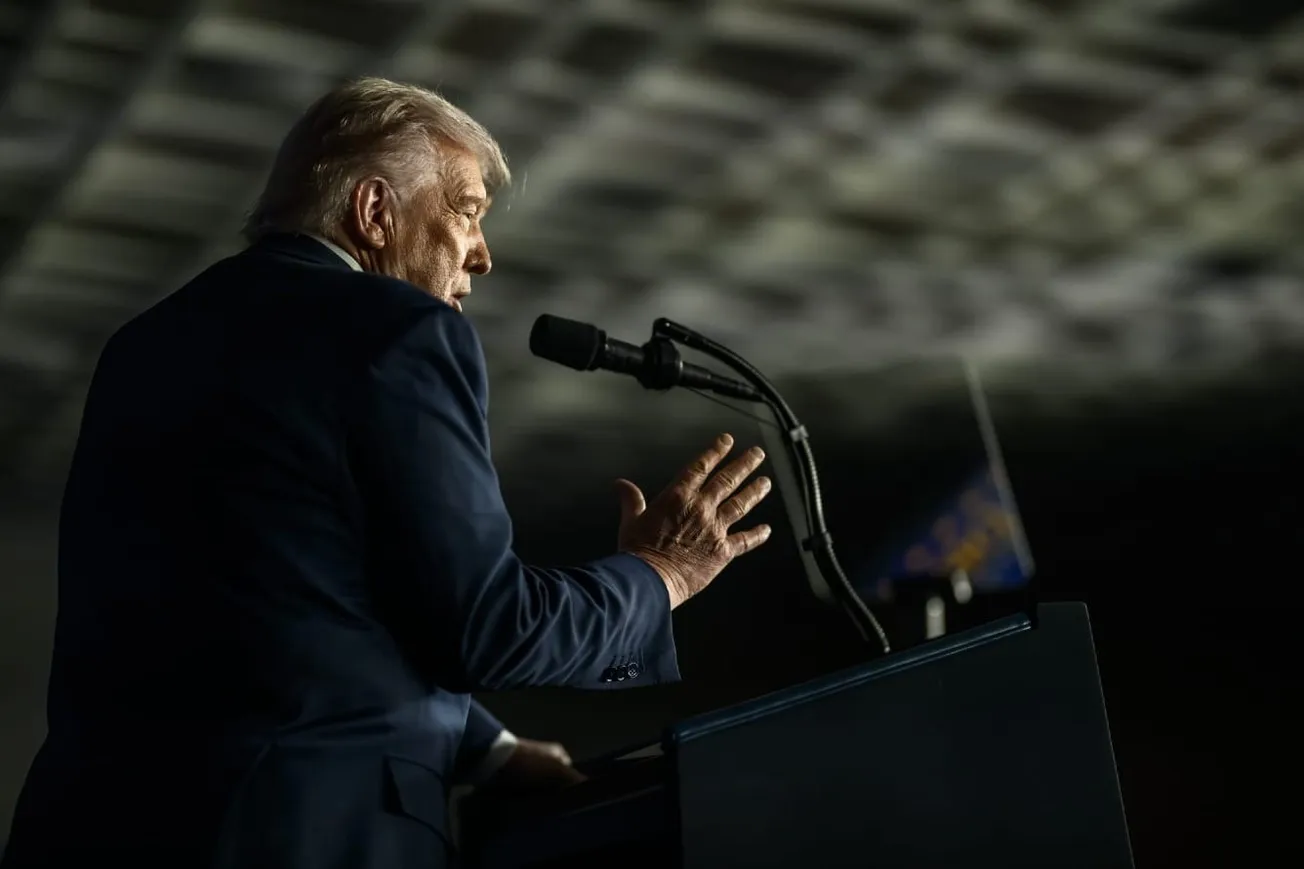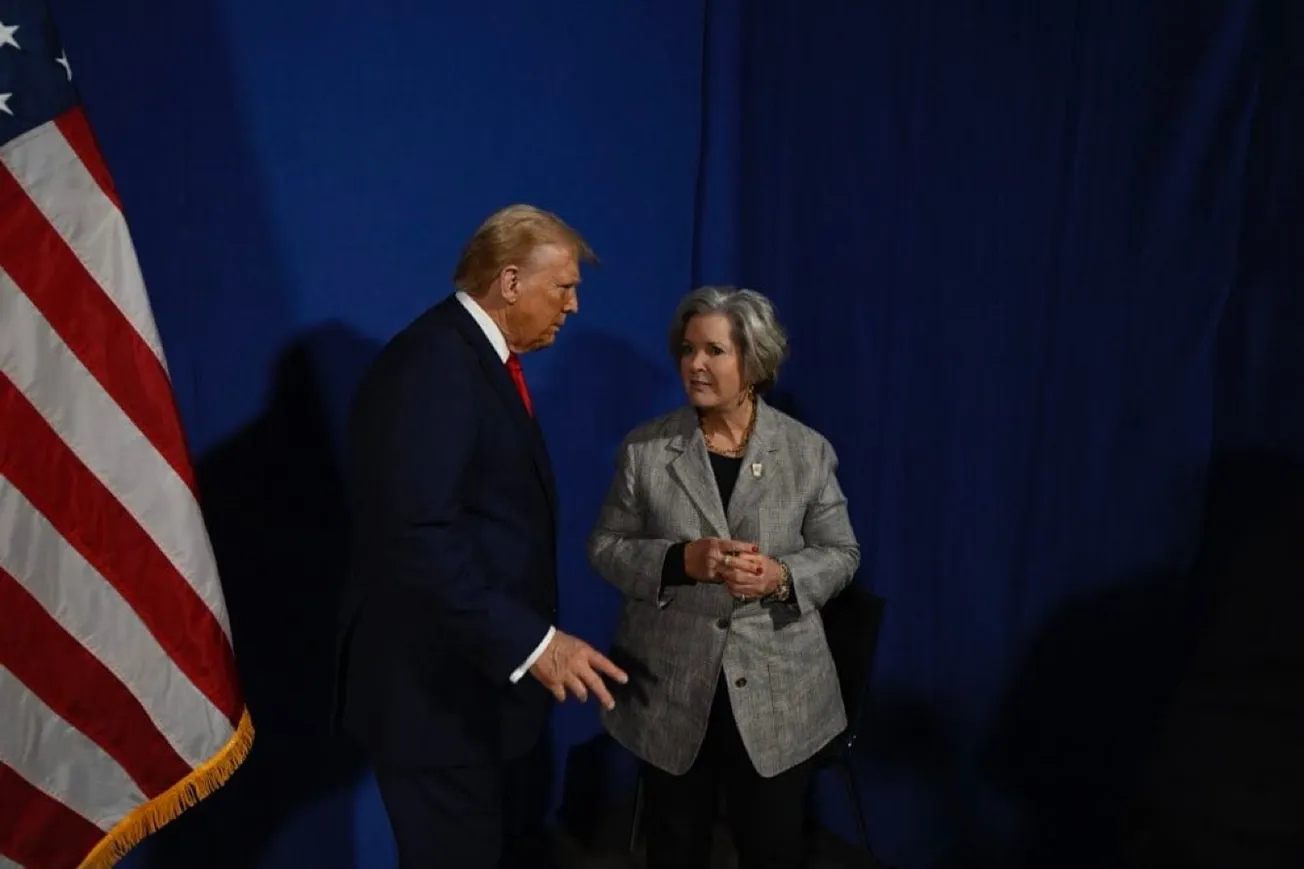By Armstrong Williams, The Daily Signal | January 16, 2025
Members of Congress get a number of generous benefits from their positions. They earn $174,000 annually (nearly three times the salary of the average American), they are provided with a sizable per diem for lodging and meals during their travels across the nation and abroad, they have the best health insurance that money can buy, and many will eventually benefit from a solid pension—among other benefits. However, an additional benefit has garnered the interest of and angered many Americans in recent years. It seems to be the case that many members of Congress trade stocks based on non-public information without repercussions.
A recent report by Unusual Whales, a platform tracking stock disclosures from lawmakers, found that at least 20 members of Congress had returns greater than Standard and Poor’s 500, at least five had returns of over 100%, an additional two members earned a return of more than 95%, and an additional four earned a return of over 70%.
Contrary to popular belief, members of Congress trading stocks based on insider information is, in fact, illegal. Following a 2011 “60 Minutes” segment that accused members of Congress of using insider information for stock market gains, former President Barack Obama signed into law the Stop Trading on Congressional Knowledge Act of 2012, which established disclosure obligations for Congress members regarding stock trades conducted within 30 to 45 days of each transaction. And to leave no doubt about its intentions, it explicitly stated that members of Congress are not exempt from insider trading laws.
The Daily Signal depends on the support of readers like you. Donate now
Has that prevented members of Congress from trading on nonpublic information? The evidence appears to indicate that they continue to do so.
In February 2020, former Sen. Richard Burr, then chairman of the Senate Intelligence Committee, divested stocks valued between $628,000 and $1.7 million merely one month prior to the market collapse triggered by the COVID-19 pandemic.
Former Sen. Kelly Loeffler, after a confidential Senate briefing on COVID-19 in January 2020, divested her and her husband’s stocks valued between $1.275 million and $3.1 million prior to the pandemic.
In 2020, Rep. Mike Kelly’s spouse acquired shares in Cleveland-Cliffs Inc., a steel manufacturer, just prior to the Commerce Department’s announcement of a proposed rule that could have benefited the company.
Many instances exist of Congress members engaging in timely trades involving companies that would either benefit or suffer from legislation under their committees, or who may have disclosed nonpublic information to members of those committees.
Obama didn’t go far enough when he signed the STOCK Act. Congress members should be unequivocally prohibited from engaging in stock trading. Justifying this is not particularly challenging when one considers that Congress members, the ones who pass our laws, should never give an appearance of impropriety in the work that they do.
When a member of Congress engages in stock trading, it raises the question of whether the transaction was influenced by information they acquired, even if it was a completely legitimate trade. It also makes people question whether they acted the way that they did in the interest of their constituents and not their stock portfolio.
Public servants must not exploit the information they gained on the job for personal financial gain. It undermines their motivations and diminishes overall trust in our legislature. If there is no financial incentive to act a certain way on an issue, such as stock trading, the public would have greater confidence that public servants advocate for legislation for the benefit of their constituents rather than for personal financial gain.
While some members of Congress benefit from insider trading, their constituents, on average, endure the consequences of escalating costs for essential household items.
The actions of these members of Congress are criminal. Literally. While they engage in insider trading and evade penalties, the average American who does the same would face imprisonment for up to 20 years. Members of Congress engage in this conduct so brazenly, as they believe themselves to be above the law.
And they’re not wrong. They are above the law in that the most critical evidence required for prosecutors to obtain a conviction against a Congress member would be entirely unavailable to them due to the speech and debate clause of the Constitution. By way of example, in a 2015 case, the speech and debate clause forced the Securities and Exchange Commission to drop substantial portions of its subpoena aimed at a staff member who disclosed nonpublic information to a lobbyist.
Americans are suffering while Congress members are getting rich. How can we trust our legislators to prioritize the interests of the American people when they are profoundly incentivized to act otherwise? Congress needs a fix. The incentives of money need to be taken away, and it needs to happen sooner rather than later
Armstrong Williams is a columnist for The Daily Signal and host of "The Armstrong Williams Show," a nationally syndicated TV program.
Original article link








